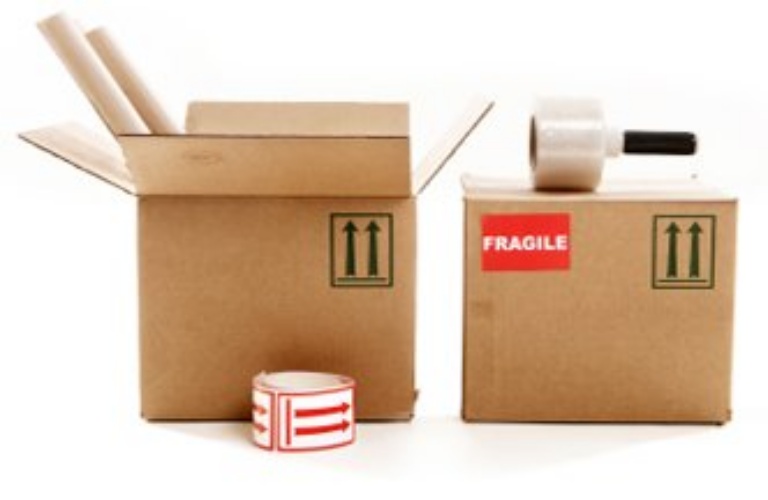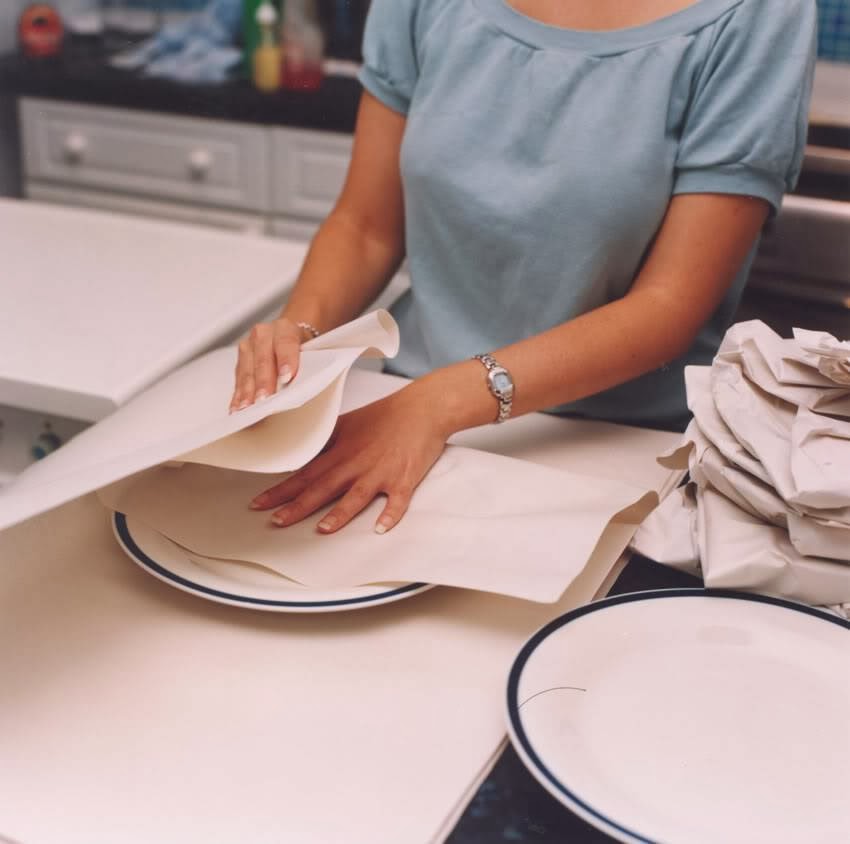How To Prevent Clutter From Completely Taking Over Your Life
2014.05.24
Everyone deals with clutter. We all tend to hold on to things that we no longer use for sentimental or "just-in-case" purposes. But if not kept in check, clutter can and will slowly creep in before completely taking over your life.

Here's a scenario: If your house was on fire, and all your family members made it out safely, what else would you want to save? Would you grab the broken microwave that you've been planning to get fixed; the chipped china collection you inherited but never use; or that stack of postcards you picked up from during a trip overseas more than a decade ago?
If your answer is none of the above, then you need to ask yourself why are they even in your home in the first place.
We understand how hard it can be to let go of sentimental items. A good option is to hire a storage company to store it for you to make room for new and better things to come into your life. If you're new to storage, it can be hard to know where to start, so here's quick guide to help you store your stuff effectively.
1. Always ensure that you have enough packing materials. Use good quality storage boxes that won't collapse to avoid losing things.

2. Wrap breakable things like china and glass piece by piece. Put the heaviest things at the bottom and pad out corners and empty spaces so nothing moves around.

3. For bigger items like furniture, take them apart first before stashing the screws and other fittings in labelled bags.

4. Always clean out fridges, freezers, ovens and food cupboards before you start packing. Make sure fridges and freezers are thoroughly defrosted and dried out. Remember to tape down any doors to prevent them from opening during the journey.

5. Always label your boxes clearly, preferably on the top and on the side. You can even make a numbered list so that you know exactly what's inside each box.

6. Choose a suitable site and size for your storage unit before contacting the storage company to make a reservation. This will ensure that the unit you need will be available on the day you move in.
7. Plan how you’ll move your stuff. For long distance trips, choose a big enough vehicle to move everything in one trip. For shorter journeys, you can plan several trips in one van.


Here's a scenario: If your house was on fire, and all your family members made it out safely, what else would you want to save? Would you grab the broken microwave that you've been planning to get fixed; the chipped china collection you inherited but never use; or that stack of postcards you picked up from during a trip overseas more than a decade ago?
If your answer is none of the above, then you need to ask yourself why are they even in your home in the first place.
We understand how hard it can be to let go of sentimental items. A good option is to hire a storage company to store it for you to make room for new and better things to come into your life. If you're new to storage, it can be hard to know where to start, so here's quick guide to help you store your stuff effectively.
1. Always ensure that you have enough packing materials. Use good quality storage boxes that won't collapse to avoid losing things.

2. Wrap breakable things like china and glass piece by piece. Put the heaviest things at the bottom and pad out corners and empty spaces so nothing moves around.

3. For bigger items like furniture, take them apart first before stashing the screws and other fittings in labelled bags.

4. Always clean out fridges, freezers, ovens and food cupboards before you start packing. Make sure fridges and freezers are thoroughly defrosted and dried out. Remember to tape down any doors to prevent them from opening during the journey.

5. Always label your boxes clearly, preferably on the top and on the side. You can even make a numbered list so that you know exactly what's inside each box.

6. Choose a suitable site and size for your storage unit before contacting the storage company to make a reservation. This will ensure that the unit you need will be available on the day you move in.
7. Plan how you’ll move your stuff. For long distance trips, choose a big enough vehicle to move everything in one trip. For shorter journeys, you can plan several trips in one van.

More Articles
Copyright © Fooyoh.com All rights reserved.